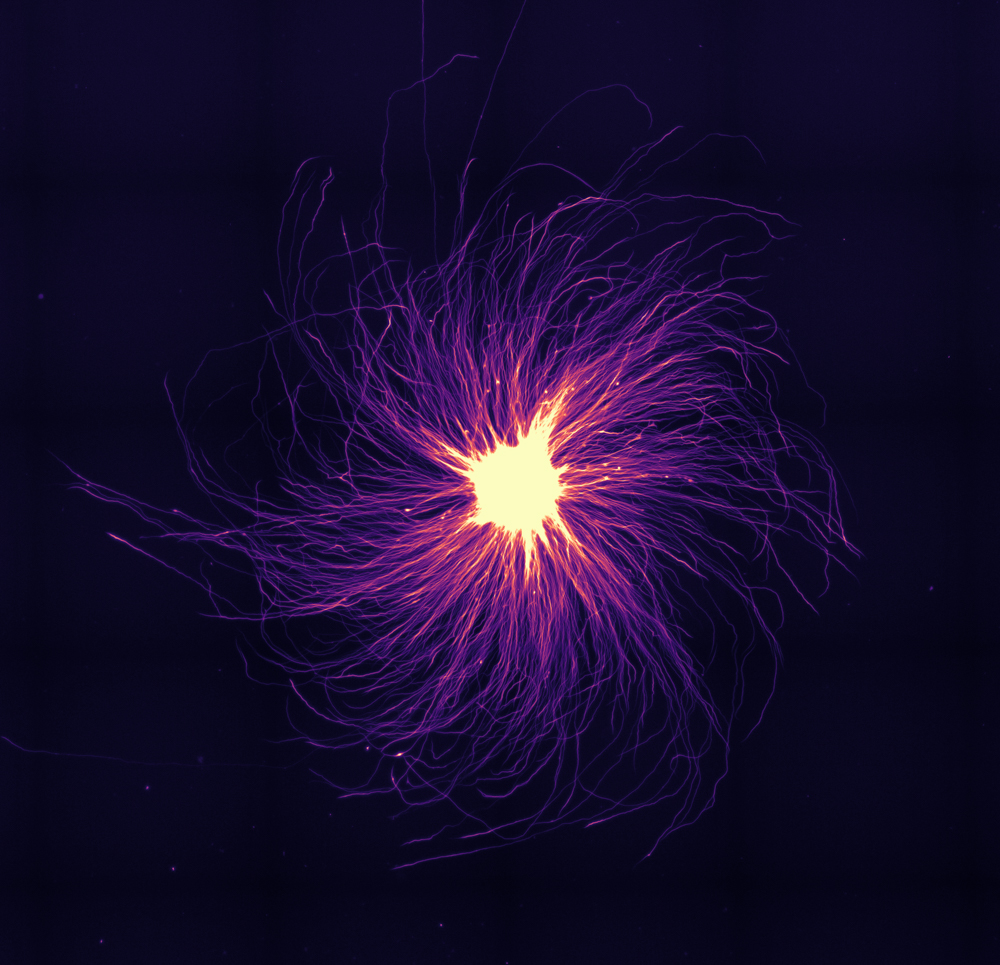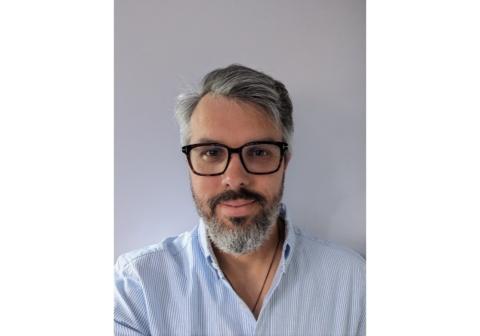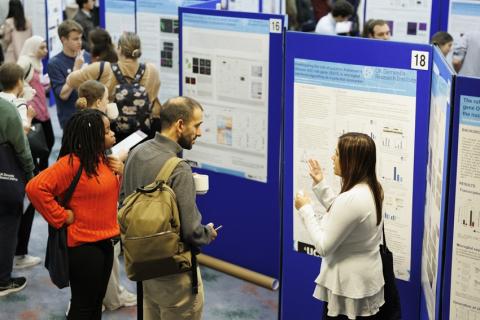Biography
Andrea originally trained in Industrial Biotechnology at the University of Padova, and then moved to the San Raffaele University of Milan, where he studied Medical, Cellular & Molecular Biotechnologies for his Master's, which he obtained “summa cum laude” in 2008. In 2009 he was then awarded a scholarship to pursue his PhD at the University of Edinburgh, in the laboratory of Siddarthan Chandran. During this time, Andrea developed in vitro models of ALS based on cell populations derived from patient induced pluripotent stem cells (iPSCs). He spent several months in San Francisco, developing a collaboration with Steve Finkbeiner’s lab at the Gladstone Institute that allow him to develop an expertise in high content automated imaging. This was instrumental for his main project, which used iPSC-derived neurons and astrocytes to demonstrate glial cell-autonomus pathology in TDP43 proteinopathies for the first time. After obtaining his PhD in 2013, he moved to Imperial College London, to work with Molly Stevens at the Department of Bioengineering. There, Andrea developed a passion for biological engineering, helped by his original academic background, and worked on a number of projects that combined tissue engineering, neuroscience and biophotonics.
In 2017 he secured a Lectureship at King’s College London, where he established his independent laboratory focused on combining engineering, imaging and neuroscience. In 2019 he became a Group Leader at the Francis Crick Institute, where his lab was then seconded. There, he developed several novel strategies and technologies to model the nervous system in vitro using complex on-chip microfabricated devices and made important discoveries in the field of axonal biology. He was appointed as Group Leader within the UK DRI at King’s in 2023, where he applies his novel engineering neuroscience approach to uncover the mechanisms of degeneration in amyotrophic lateral sclerosis (ALS) and frontotemporal dementia (FTD).
Serio Lab
Explore the work of the Serio Lab, combining bioengineering, imaging and stem cell modelling to establish advanced in vitro platforms to better understand the neurobiological mechanisms behind motor neuron disease and dementias



